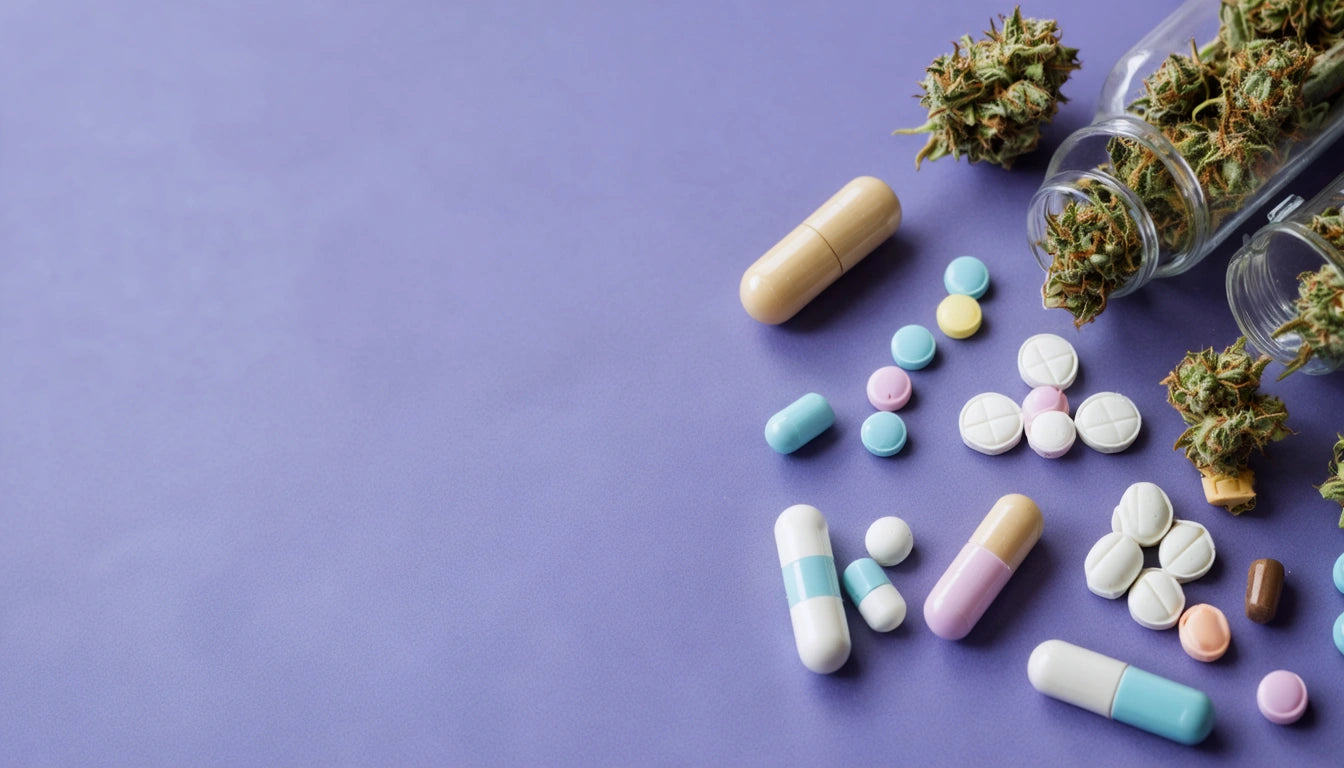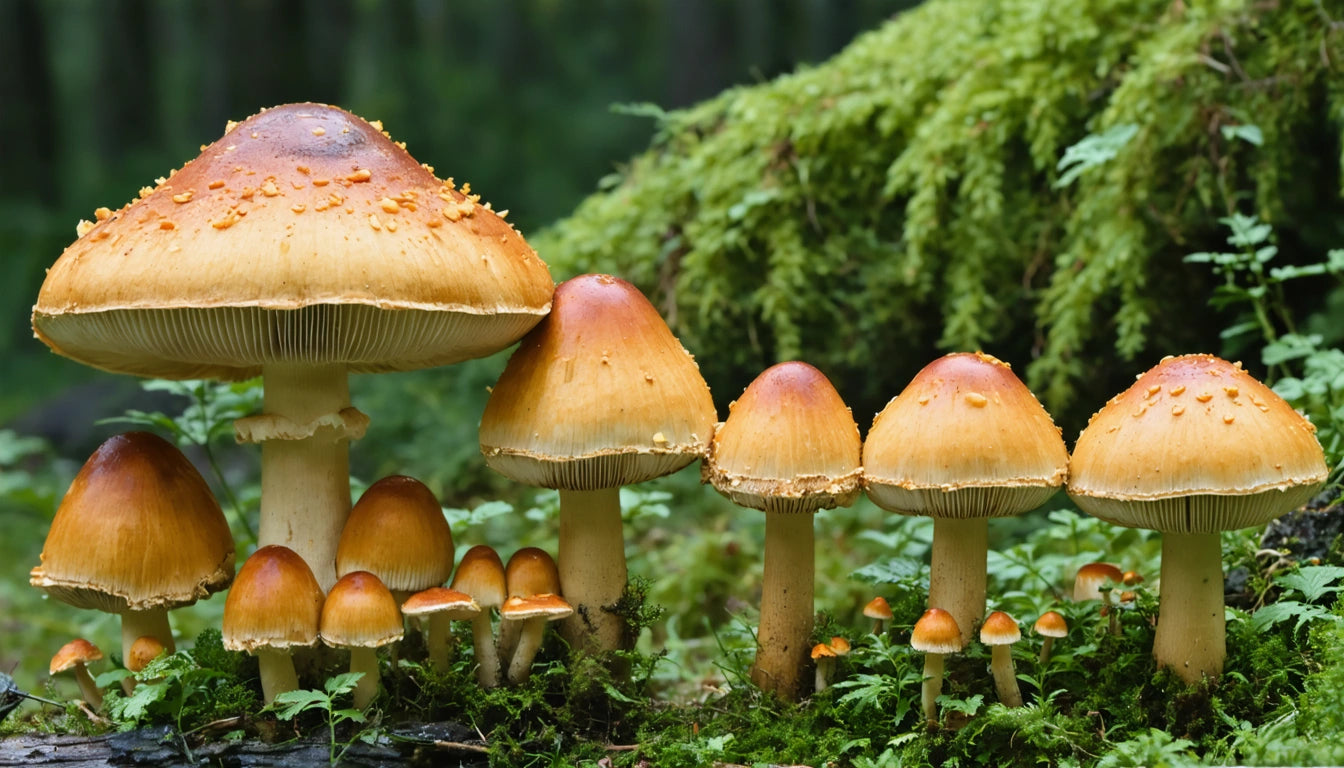Table of Contents
Understanding Cannabis-Induced Psychosis: Prevalence, Symptoms, and Long-Term Effects
Cannabis use has become increasingly common with expanding legalization, but certain risks remain underexplored in public discourse. One significant concern is cannabis-induced psychosis, a condition where users experience a temporary break from reality following cannabis consumption. This comprehensive guide examines what cannabis psychosis is, how common it occurs, its relationship to other mental health conditions, and recovery prospects.
Defining Cannabis-Induced Psychosis
Cannabis-induced psychosis refers to psychotic symptoms that develop during or shortly after cannabis use. Unlike typical cannabis effects like relaxation or euphoria, psychosis represents a serious psychiatric condition characterized by a disconnection from reality. Cannabis can cause hallucinations and other psychotic symptoms in vulnerable individuals, particularly with high-THC products.
What is weed induced psychosis exactly? It's a temporary psychotic reaction triggered by cannabis consumption, resulting in symptoms similar to those seen in primary psychotic disorders like schizophrenia. The condition is distinct from simply being "too high" and represents a more severe psychiatric response.
Prevalence and Risk Factors
How common is cannabis-induced psychosis? Research suggests approximately 1-4% of cannabis users may experience acute psychotic symptoms. However, several factors influence this risk:
- THC concentration: Higher potency products increase risk
- Frequency of use: Daily users face greater risk than occasional users
- Age of onset: Adolescent users show higher vulnerability
- Genetic predisposition: Family history of psychosis increases susceptibility
- Pre-existing mental health conditions: Conditions like bipolar disorder elevate risk
The rising THC concentrations in modern cannabis products have corresponded with increased emergency department visits for psychosis. While packaging innovations like child-resistant mylar bags for cannabis flower help with safety compliance, consumer education about potency and responsible use remains crucial for harm reduction.
Highlight: Cannabis-induced psychosis affects approximately 1-4% of users, with risk factors including high-THC products, frequent use, young age of initiation, and genetic predisposition.
Symptoms and Identification
What is psychosis from weed like? The symptoms typically include:
Positive Symptoms (Additions to Normal Experience)
- Hallucinations: Seeing, hearing, or feeling things that aren't there
- Delusions: Fixed false beliefs despite contradictory evidence
- Paranoia: Intense suspicion or fear of persecution
- Disorganized thinking: Confused thought patterns and speech
Negative Symptoms (Reductions in Normal Function)
- Social withdrawal
- Reduced emotional expression
- Diminished motivation
- Difficulty concentrating
Understanding why cannabis causes paranoia provides insight into the neurochemical mechanisms behind these symptoms. Cannabis affects dopamine regulation, which plays a central role in psychotic disorders.
Relationship with Schizophrenia
Can weed induce schizophrenia? This question represents one of the most debated topics in cannabis research. Current evidence suggests:
Cannabis use doesn't directly cause schizophrenia in most users. However, it may trigger earlier onset or unmask the condition in predisposed individuals. The relationship appears bidirectional, with some individuals possibly self-medicating pre-existing symptoms with cannabis.
Research indicates cannabis users with certain genetic variants face up to six times higher risk of developing schizophrenia. This connection is particularly concerning for adolescent users, as cannabis affects developing brain chemistry, including dopamine systems involved in psychotic disorders.
Recovery and Treatment Options
Does cannabis-induced psychosis go away? In most cases, yes. Acute cannabis-induced psychosis typically resolves within days to weeks after cessation of cannabis use. However, approximately 47% of individuals who experience cannabis-induced psychosis later develop a chronic psychotic disorder like schizophrenia, particularly if they continue cannabis use.
Treatment approaches include:
- Immediate discontinuation of cannabis use
- Short-term antipsychotic medication
- Supportive therapy and monitoring
- Long-term substance use counseling
- Family education and support
The recovery trajectory varies based on individual factors, including duration of cannabis use, presence of other substance use, and underlying mental health conditions.
Prevention Strategies for Vulnerable Individuals
What is the strange syndrome linked to cannabis use that medical professionals warn about? Beyond psychosis, conditions like Cannabinoid Hyperemesis Syndrome represent emerging concerns. However, psychosis remains the most serious acute psychiatric risk.
Prevention strategies include:
- Delaying cannabis use until adulthood
- Avoiding high-THC products
- Choosing balanced THC:CBD products when using cannabis
- Abstaining entirely if family history includes psychotic disorders
- Monitoring for early warning signs like increased paranoia
Understanding how cannabis affects perception can help users recognize concerning changes before they escalate to full psychosis.
While cannabis remains safer than many substances, the risk of psychosis deserves serious consideration, particularly for vulnerable populations. With proper education, screening, and responsible use practices, many cases of cannabis-induced psychosis could be prevented.











Leave a comment
All comments are moderated before being published.
This site is protected by hCaptcha and the hCaptcha Privacy Policy and Terms of Service apply.